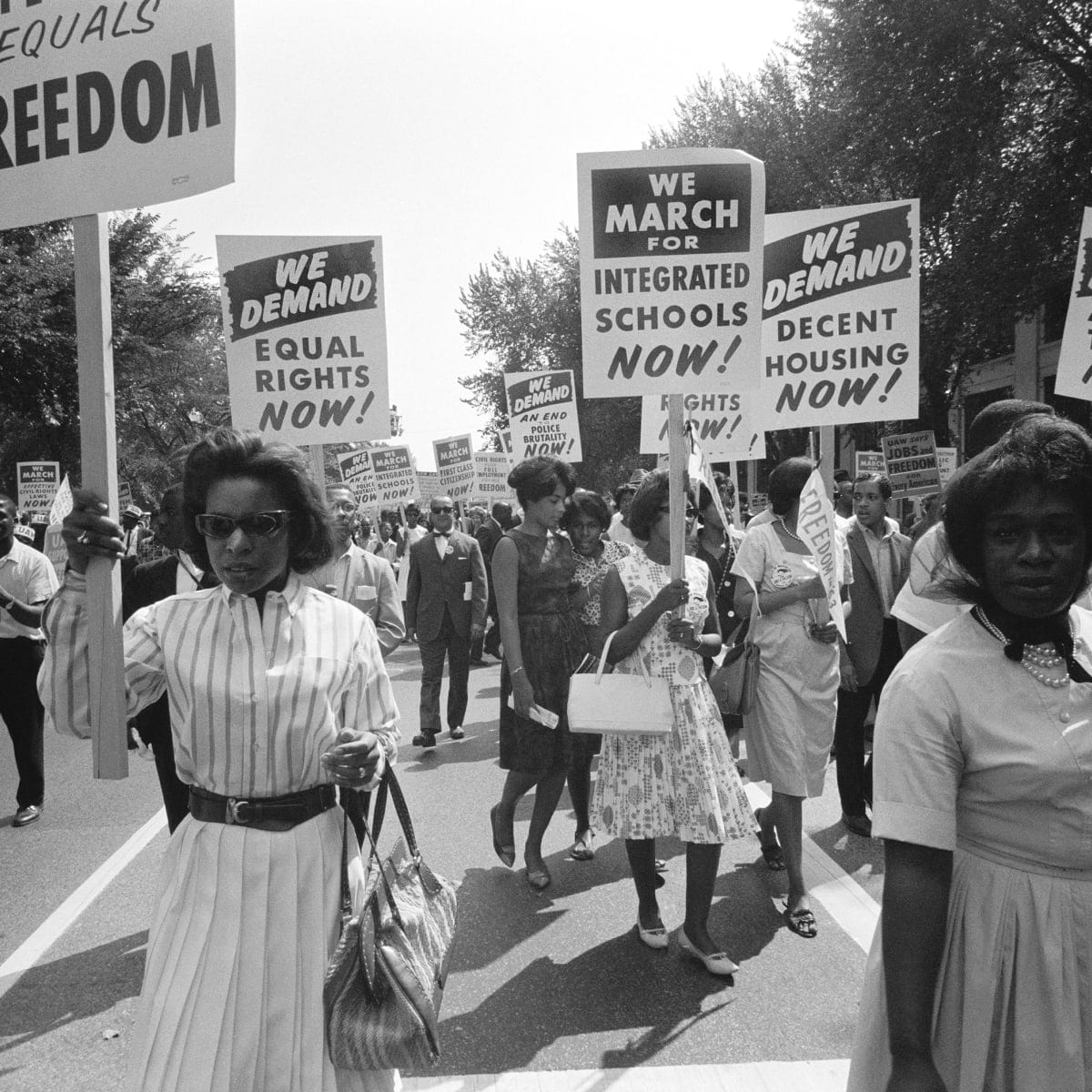***Quick sand. Hint, hint
As I’ve been working through these past 2 units in PLP, Turning Points, and School of Rock, I’ve noticed something. Human beings have extremely low attentions spans. This is a fact for so much more than just these past 2 units though, it’s a common factor that each individual displays every day. I can connect this factor even further to my recent kayak guide training.
I was in charge of teaching a few lessons, and to prepare I had practiced my lessons with another guide. This other guide taught me a lot, and gave me a lot to think about, but one thing he couldn’t stress enough was that people have incredibly low attention spans. I really let this one sit with me. He went on to tell me about how you basically shape every lesson around the fact that peoples attention spans are so low so everything has to be short, sweet, and engaging. Obviously I know that my own personal attention span is low, but it was interesting to learn about general peoples attention spans.
Ok, I took myself off course there but I felt that it was important to include that this is a common occurrence. I had also come up with another example. I’m guessing everyone has seen a missing animal poster, (look right).
These posters are a good metaphor for how well people can retain interest in something. I know personally when I see a missing animal poster I’ll take a photo, and make sure I keep my eye out. As time goes by though I don’t actively look anymore. I thought this was an insensitive problem of mine, so the second I notice myself doing this I tend to look harder. Which ends up just faltering out. I used this analogy because as we are faced with an issue, or another persons problem for too long (I am not sure how long, I would absolutely love to do research about this!!!) we loose interest, not because we become uninterested per say, but rather we’ve seen it, and now we are done. Naomi Klein talked a lot about this in her book “On Fire” as well as “The Shock Doctrine,” where she argues that for an event to change the publics perspective, it needs to shock them, and I mean really shock them.
Now taking this analogy to political movements we can apply this to the Climate Crisis firstly. The Climate Justice movement started in the 1980’s. So we have had 40 years, an entire generation of time to figure something out, and yet we are worse off then we were in the 1980’s. Why? Because like quick sand and missing dog posters, the more you promote it, the less people want to see it. And we know that it is almost impossible to make people want to see something when they don’t want to. (Now I am talking mostly about people who live in countries that reside in the Global North). The more people force climate activism, the less and less attention seem to have.
This can be applied too many political movements, though I will preface my next paragraph by saying that I believe that there is much more going on then peoples lack of interest when it comes to the Black Live Matter movement and the Civil Rights movement. I do believe though that this plays a role in peoples lack of change.
The Civil Rights movement (officially) started in the 1950’s. A really long time ago. Think 2 generations, and 13 different presidents. And yet black people are still being treated as less. Take Hurricane Katerina as an example. After the hurricane hit New Orleans, a predominantly black city, in 2005, it took the national guard 5 days to get there and help the people. When people tried to escape the city by crossing a bridge to another town they were forced back into New Orleans by people with guns on the other side of the bridge, sending them back into a figurative hell.
The conclusion is that the longer you protest something, and the longer you fight for your rights it seems, the less people will pay attention. Going back to what I said earlier about kayaking, it looks like more than just my lesson plans have to be “short, sweet and engaging.”
Additional connection: Free Palestine Movement (more reading here), and how it started in 2003.





Published by